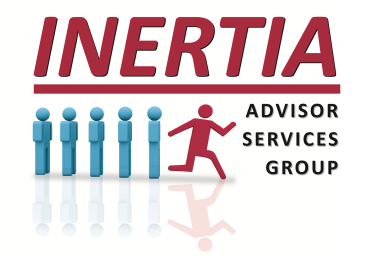A Tax Professional's Responsibilities Include LTC Planning
In 2026, the first Baby Boomer will be 80 years old - That's a milestone that underscores why Long-Term Care (LTC) Planning is no longer optional for this generation (and their families) looking to protect their financial well-being against the rising costs of LTC services excluded by Medicare or Health Insurance. There are many ways to receive or pay for that care, but some of the most effective stand out for their unique or potential tax benefits.
At that convergence of health and wealth, tax professionals, accountants, or CPAs who frequently use the terms tax-deductible, tax-deferred, tax-free, or tax advantaged simply have a fundamental duty to extend those very principles to active engagement in planning for LTC.
Finally, these crucial discussions shouldn't be put off because your clients' future need for care isn't going to conveniently wait until April 15th or October 15th! Now is the time to address LTC in the context of optimizing tax benefits for clients and maximizing the tax benefits embedded in LTC planning, which include:
- Tax-Qualified Premiums Deduction: Premiums paid for tax-qualified LTC insurance policies may be tax-deductible as medical expenses, and the tax profession can provide advice on using this valuable deduction on clients' tax returns.
- Tax-Free Benefits: Benefits received from tax-qualified LTC insurance policies are generally not considered taxable income, offering a tax-free source of funds to cover LTC expenses.
- Accelerated Death Benefits: Some life insurance policies include accelerated death benefits that can be used to cover LTC expenses, often tax-free under specific conditions.
- State Tax Deductions or Credits: Certain states offer additional tax incentives for LTC insurance premiums, such as deductions or tax credits, further enhancing tax savings.
- Business Deductions: Business owners may deduct LTC insurance premiums as a business expense, reducing taxable income and providing potential tax savings.
- Tax-Free Exchanges: Clients may be able to exchange existing life insurance policies or annuities for tax-qualified LTC insurance policies without triggering immediate tax consequences, allowing for tax-efficient transitions.
- Tax-Free Growth: The cash value component of some LTC Planning solutions typically grows tax-deferred, enabling clients to accumulate funds for LTC needs without annual or immediate tax implications.
The question isn't whether LTC is part of a tax professional's duty — it's how they can integrate it into client planning or help them leverage these tax benefits to their fullest extent within the context of LTC planning. Doing so requires.....
- Comprehensive Education: Educating clients (and themselves) on the tax advantages associated with LTC Planning so they fully understand the potential deductions, exclusions, and credits available.
- Strategic Analysis & Planning: Analyzing each client's financial situation to identify and recommend the most tax-advantaged LTC strategies that seamlessly integrate with their broader financial plan.
- Compliance, Monitoring, and Adjustments: Ensuring clients remain compliant with tax laws and regulations, accurately reporting premiums, benefits, and eligible deductions or credits. Regular reviews then allow for adjustments as financial circumstances, tax laws, or LTC needs evolve, maximizing efficiency over time.
Long-Term Care represents an unfunded liability on the client's balance sheet of millions of Americans that cannot be ignored — and leaves the CPA or tax professional exposed to future reputational, compliance, and fiduciary questions. Addressing it proactively, however, cements the tax professional as a forward-thinking, trusted advisor leveraging the tax code to its fullest for every client.
20250911

